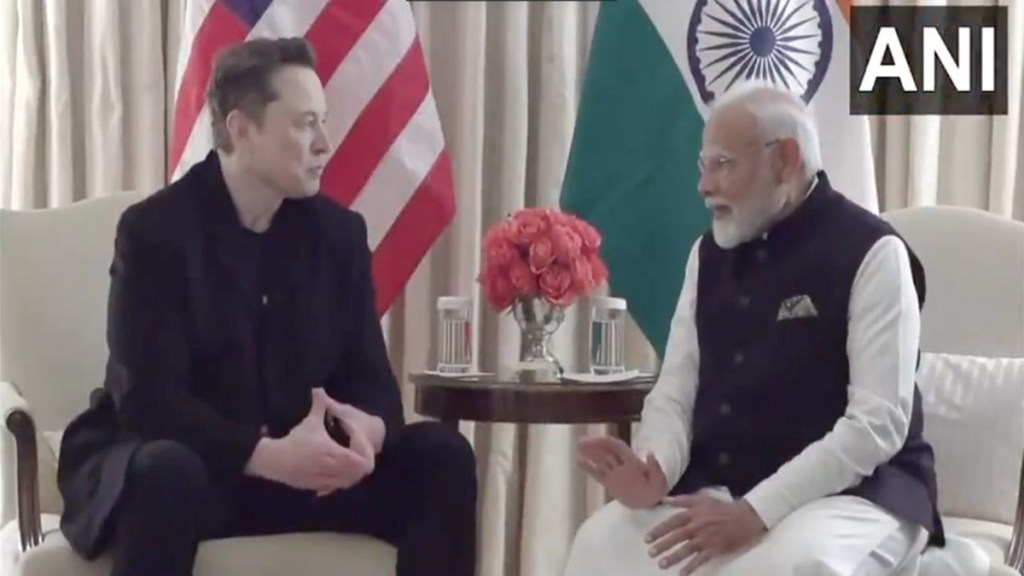The US Department of Government Efficiency (DOGE) has revealed that over $750 million in taxpayer funds were allocated for various international projects, including election-related initiatives in India and Bangladesh. The department announced on Sunday that these expenditures had been cancelled.
Foreign projects
Among the cancelled funds was $21 million earmarked for “voter turnout in India” and $29 million for “strengthening the political landscape in Bangladesh.” The revelation has sparked debate over the use of US taxpayer dollars in foreign electoral processes.
In addition to cancelling election-related expenditures, the US Department of Government Efficiency (DOGE) announced the termination of several foreign aid projects across various sectors. These included health initiatives, such as a $10 million program for voluntary medical male circumcision in Mozambique, aimed at reducing HIV transmission.
Political and governance-related projects were significantly impacted, with the cancellation of $2.3 million for strengthening independent voices in Cambodia, $32 million for the Prague Civil Society Centre, and $486 million allocated to the Consortium for Elections and Political Process Strengthening, which included $22 million specifically for Moldova’s elections.
Other governance and transparency programs cut include $14 million meant for improving public procurement in Serbia, $20 million for fiscal federalism in Nepal, and $1.5 million for voter confidence initiatives in Liberia.
US taxpayer dollars were going to be spent on the following items, all which have been cancelled:
— Department of Government Efficiency (@DOGE) February 15, 2025
– $10M for "Mozambique voluntary medical male circumcision"
– $9.7M for UC Berkeley to develop "a cohort of Cambodian youth with enterprise driven skills"
– $2.3M for "strengthening…
The list of cancelled projects includes:
– $10M for “Mozambique voluntary medical male circumcision”
– $9.7M for UC Berkeley to develop “a cohort of Cambodian youth with enterprise driven skills”
– $2.3M for “strengthening independent voices in Cambodia”
– $32M to the Prague Civil Society Centre
– $40M for “gender equality and women empowerment hub”
– $14M for “improving public procurement” in Serbia
– $486M to the “Consortium for Elections and Political Process Strengthening,” including $22M for “inclusive and participatory political process” in Moldova and $21M for voter turnout in India
– $29M to “strengthening political landscape in Bangladesh”
– $20M for “fiscal federalism” in Nepal
– $19M for “biodiversity conversation” in Nepal
– $1.5M for “voter confidence” in Liberia
– $14M for “social cohesion” in Mali
– $2.5M for “inclusive democracies in Southern Africa”
– $47M for “improving learning outcomes in Asia”
– $2M to develop “sustainable recycling models” to “increase socio-economic cohesion among marginalized communities of Kosovo Roma, Ashkali, and Egypt”

